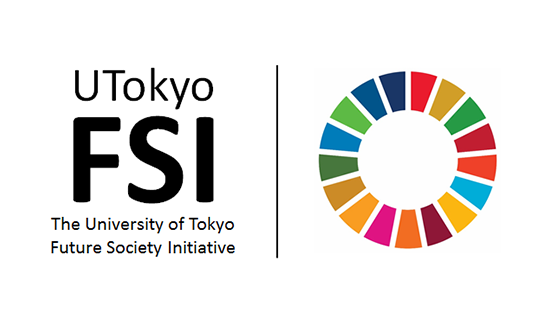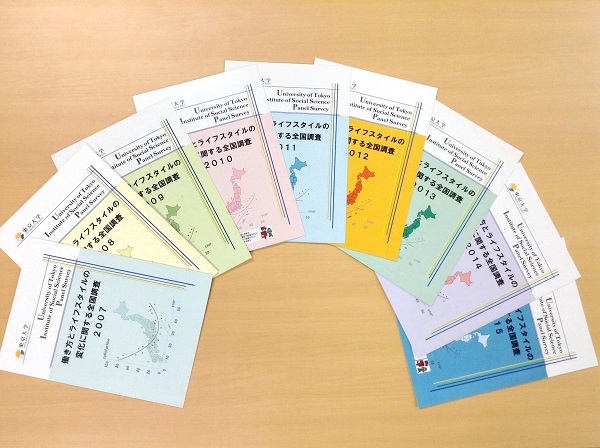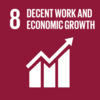Tracking social change at the individual level

This is a series of articles highlighting some of the research projects at the University of Tokyo registered under its Future Society Initiative (FSI), a framework that brings together ongoing research projects that contribute to the United Nations Sustainable Development Goals (SDGs).
FSI Project 019

Over the decade between 2007 and 2017, the proportion of people working long hours decreased and they have also left work earlier, according to the Japanese Life Course Panel Surveys conducted by Professor Hiroshi Ishida’s group. This panel survey started in 2007, following 3,367 youth of both genders aged between 20 and 34, and 1,433 adults of both genders aged between 35 and 40. Participants in this continuous survey are contacted for follow-up investigation every year.
“The survey looks at how difference in opportunities for education and for attaining social and economic status, such as occupation and pay, change in the course of life; but one of the unique features is that in addition to looking at the overall changes each year, we can also look at changes on an individual level,” said Ishida.

Questionnaires that were used in the 10-year survey from 2007 to 2017.
The survey will continue to track social change.
For example, over the past 10 years, the proportion of male regular employees clocking over 240 hours a month has decreased from 35 percent to 24 percent, and the number of female regular employees doing so has decreased from 12 percent to 8 percent. The average knock-off time has also become much earlier, from 8:02 p.m. in 2007 to 7:48 p.m. in 2017 for male workers, and from 6:48 p.m. to 6:01 p.m. for female workers. Further, the later a worker returned home, the less likely they were to eat together and talk with their spouse. This suggests that leaving work early may contribute to an increase in family time.
“This survey started as part of a project to re-examine 1990s Japan, often called the lost decade, but the material collected now has great value for looking at the conditions under which disparity and inequality emerge. We will continue this survey to see how our world changes and report our findings,” said Ishida.
SDGs supported by this project





Professor Hiroshi Ishida | Institute of Social Science
Related links
- UTokyo FSI

- A Comprehensive Study of Cumulative Advantages/Disadvantages and the Life Course (FSI project page)

- Future Society Initiative Magazine






